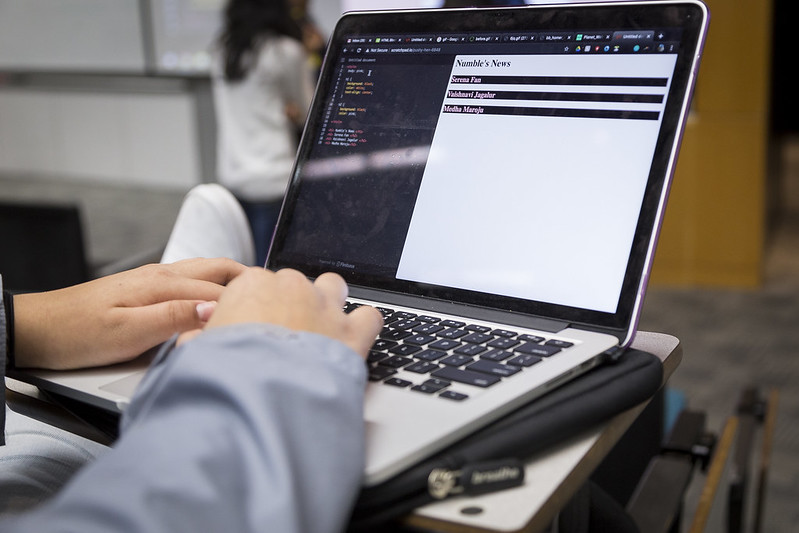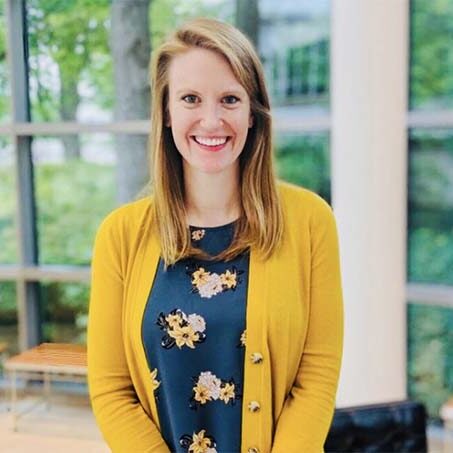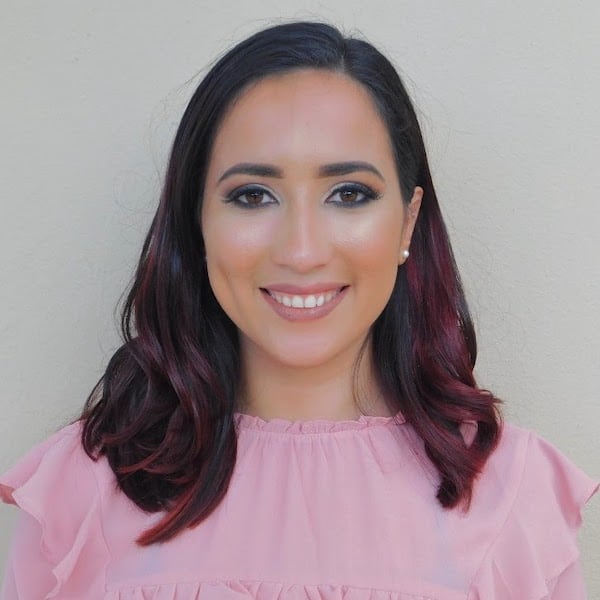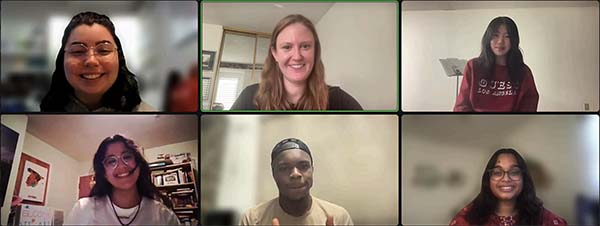
Empowering Tomorrow’s Innovators: Kids Who Code
An initiative led by COMPASS provides high school students from underrepresented backgrounds a pathway to learn more about the art and science of coding.

An initiative led by COMPASS provides high school students from underrepresented backgrounds a pathway to learn more about the art and science of coding.
The Center for Complex Particle Systems (COMPASS), funded by the NSF and led by a multidisciplinary team of researchers including Joseph B. and Florence V. Cejka Professor of Chemical Engineering Nicholas Kotov, and seven other Michigan Chemical Engineering faculty members, recently launched Kids Who Code, an innovative program designed to inspire and educate high school students in the art and science of coding.
The program, organized and led by a group of graduate students from the University of Michigan, aims to create a diverse cohort of participants to provide students from underrepresented backgrounds a pathway to gain the education and support needed to successfully pursue a career in STEM. Ten high school students are enrolled in the program from across Michigan and Southern California.
The Kids Who Code (KWC) program is led by a team dedicated to fostering a rich learning experience including Hayley Falk, a final-year PhD student in Computational Medicine. Falk leads the student initiative, bringing valuable experience from her role as the former director of Girls Who Code at the University of Michigan.


“My co-instructors, Zaira Pagan Cajigas and Rosalia Otaduy, and I are thrilled to be joining this talented group of students,” Falk said. “I’m excited to teach and continue learning from them and am already looking forward to the innovation I expect we’ll see in their capstone projects after all they will have learned.”
Zaira Pagan-Cajigas is a current PhD student in Industrial & Operations Engineering, and Rosalia Otaduy-Ramirez is a recent Environmental Engineering graduate. Importantly, the program emphasizes a 100% graduate student-led teaching approach, ensuring a fresh and relatable perspective for young learners.
“Kids Who Code isn’t just a program; it’s an empowering journey for high school students, our future professionals. By providing these young minds with a coding toolkit, our hope is to equip them with the necessary skills to leverage technology for analyzing and understanding real-world data.”
Zaira Pagan-CajigasPhD Student in Industrial & Operations Engineering
“Kids Who Code isn’t just a program; it’s an empowering journey for high school students, our future professionals,” Pagan-Cajigas said. “By providing these young minds with a coding toolkit, our hope is to equip them with the necessary skills to leverage technology for analyzing and understanding real-world data.”
In addition to the graduate students involved, Ronald Larson, the George Granger Brown Professor of Chemical Engineering oversees the curriculum for program.
The KWC curriculum was designed to be delivered in weekly lessons, followed by independent practice time to reinforce coding concepts and a capstone project with real-world data. Completion of the curriculum will end with a capstone project that draws the students into integrating their learnings into creative coding for real-world problems and ongoing tasks in COMPASS.
“Building on the success of a similar program developed by Hayley Falk and others at the University of Michigan, we provide ‘bite-sized’ weekly lessons to our students,” Larson said. “These lessons follow the ‘I do, we do, you do’ teaching model for enhanced learning, concluding in a hands-on project using real-world data.”

Through COMPASS, KWC participants will receive training in experimental science through a one-day module on imaging and graphing colloidal structures built from the research content developed by the center.
The Kids Who Code program started on November 07, 2023 with sessions taking place every Tuesday through May 07, 2024. The virtual learning experience takes place via Zoom, allowing participants to engage from the comfort of their own spaces. The scheduled time for each session is 7:00-8:30 pm ET (4:00-5:30 pm PT), ensuring accessibility for students across different time zones.